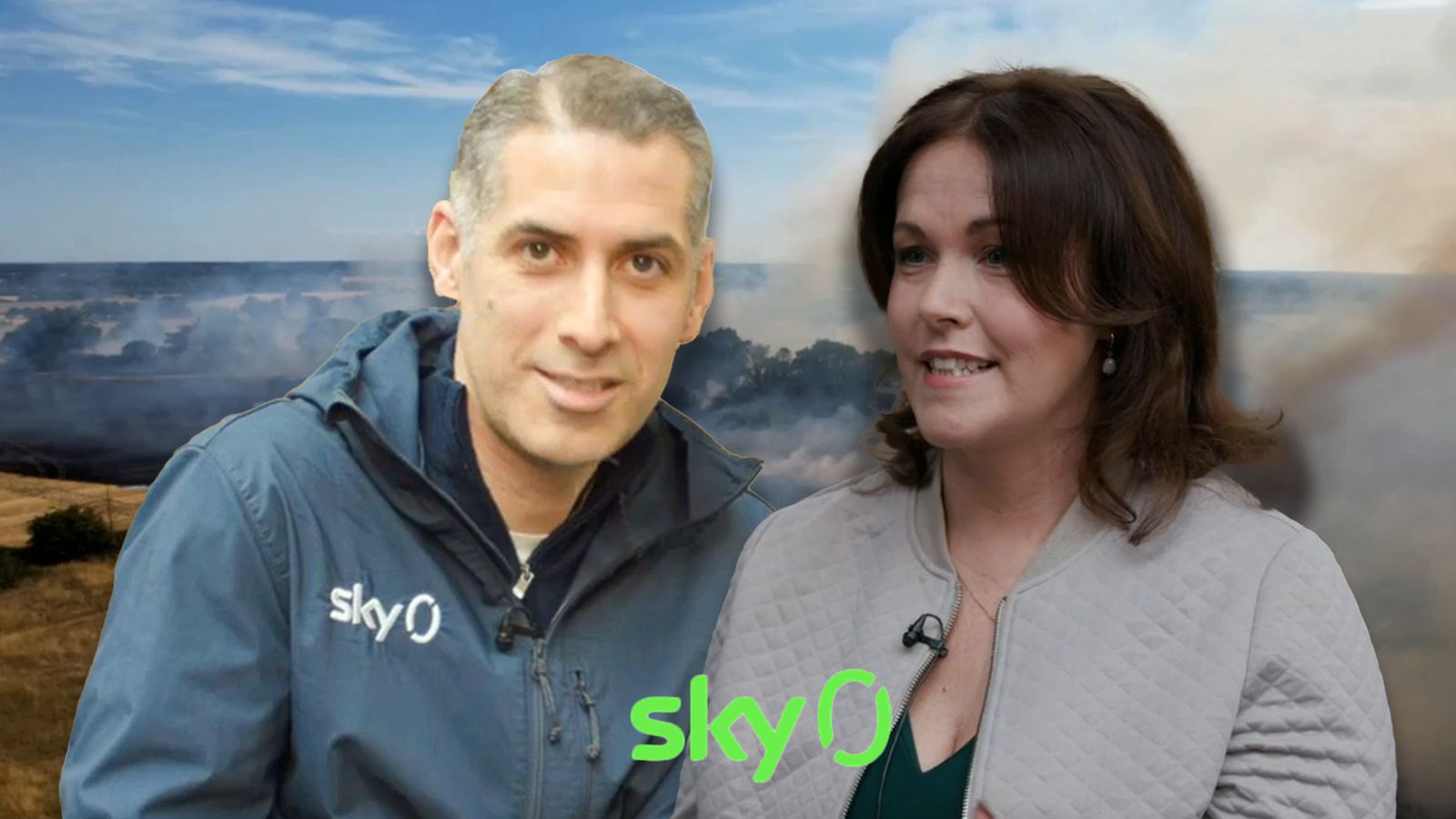Here’s a little Friday challenge for you. Name as many Premier League clubs as you can in 30 seconds.
Done that? Good. Now go back to those names, and find out how many have some sort of nature expressed in their club crests. My guess is that there will be at least a few.
When it comes to sports, references to the natural world are pretty much everywhere. It could be in the nickname of the club you support, or even more directly in their actual names. Rugby, in both codes, and American sports are particularly full of those.
Now imagine that those nature elements simply didn’t exist. And not only that, but they were wiped off your team’s crest.
That’s what the WWF are trying to encourage companies, NGO, brands and in particular sports clubs to do, just for a single day, on Sunday March 3 which is World Wildlife Day, to highlight dramatic global diversity loss.
Their #WorldWithoutNature campaign has been running for a few years, and its aim is to utilise sport’s reach, profile, popularity and cultural importance to illustrate that we’re in a climate and nature crisis, but also that we can try and do something about it.
Holly McKinlay is director of strategic communications and brand at WWF UK, and the stats are pretty stark. “Globally, we’ve lost 69 per cent of wildlife since 1970, which is huge when you think about that number… lions, tigers, biodiversity across the world. But right here in the UK, we’re one of the most nature-depleted countries in the world, we’re in the bottom 10 per cent.”
That is effectively relegation form. And what happens in that scenario? You need a change, or at least a jolt. Change a club crest, and you can bet you’ll have a lot of that team’s supporters in uproar. It makes people sit up and take notice, so perhaps that proves that sports and nature aren’t worlds apart.
“We are a nation of sports fans, and sport is a huge, cultural thing, it’s where we all come together,” McKinlay smiles. “But we also know that a lot of sports fans, millions, care about nature and consider themselves environmentalists. So that’s why we want to harness the power of sport.”
Aston Villa, Crystal Palace, Wolves and Burnley are among the Premier League teams supporting the initiative this year, with the likes of Norwich City and West Bromwich Albion in the EFL, and indeed more outside football, such as Sale Sharks and Leicester Tigers. Palace are already doing plenty of work in this space, especially around their ‘Palace for the Planet’ environmental policy, while Wolves announced their ‘One Pack, One Planet’ sustainability strategy roughly a year ago.
And although the challenge facing humanity at a critical point, McKinlay says there are good news stories in nature too: “Tiger numbers are increasing, we’re restoring seagrass meadows in the UK, there are signs of nature coming back, but also there are signs of people taking more and more action. We know that people are getting involved in having more sustainable diets or they’re talking to their businesses, to their employers, their MPs about what can we do about nature action. People can use their voice – that’s the point of this campaign.”
With more sporting organisations involved, sport itself becomes a louder megaphone for the environment, especially through its athletes, with real agency to have a positive impact. “The hope is that our leaders, politicians, business leaders who have the power to make change will recognise that this is a big, huge cultural thing that people want, and a compelling argument,” McKinlay says. “Then they’ll take action and they’ll start putting nature first in the heart of decision-making.”


